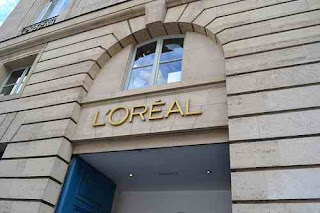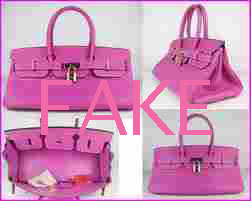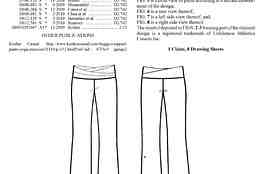A Right Royal Rip Off
When on 02 April 2012, Madam Tussauds in Baker Street and New York unveiled the wax works of newest member of the Royal Family, The Duchess of Cambridge. Kate Middleton standing alongside her husband Prince William, the Duke of Cambridge in their Royal area. No one could have guessed it would begin the largest number of counterfeit items on online sites and see a wave of counterfeiters cashing in on the clothes and fragrances. Kate is known to 'shop her own' closet, to wear in public. The former accessories buyer shops British retailers along with luxury fashion designer, often combining the two in a single outfit.
The royal rip off has triggered an epidemic of mammoth proportions culminating masses of fake goods, arriving in mainly from Asia. The demand to supply an ever hungry public of consumers, willing to buy these goods in a desperate attempt to style themselves after the Duchess, is growing at a frenzied pace. Pundits believe that Kate is all set to become the saviour of British fashion. Certainly, her brand is already thought to be worth millions; one newspaper calculates that she will fuel a £2 billion bonanza for Britain’s economy: ‘I wouldn’t be surprised if Kate Middleton’s legacy is bigger than that of the Olympics, domestically and internationally,’ Dr Harold Goodwin, a professor of tourism at Leeds Metropolitan University, was quoted as saying. Unfortunately, all the major British retailers, whose clothes appear in Kate's public appearances, are victims of this online scam.
 |
| Amsterdam Madame Tussauds get a very impressive recreation of her black lace Alice Temperley gown, worn to the War Horse film première in London this January |
Catherine is dressed in an exact copy of the Alexander McQueen floor-sweeping gown from the BAFTA Brits to Watch Awards. Catherine’s figure also sports a painstakingly accurate recreation of the stunning sapphire and diamond engagement ring once worn by the late Diana.
 |
The Links of London topaz earrings worn by Kate Middleton during her engagement photo shoot at Buckingham Palace have been the party of a design rip off. The £275 topaz 'Hope' earrings immortalised by the duchess, for Mario Testino's iconic engagement photos with Prince William, has been found on hundreds of websites selling counterfeit copies of the product. This has spurred an estimated £7 million pounds in lost sales for the luxury jewellery and accessories retailer.
 |
| Links of London Hope Egg earrings white topaz, £275 |
The company stated that after Ms Middleton wore the earrings, they were inundated with orders. The supply soon ran out and restocking took months. In one New York Links of London store, a fight broke out over the last pair of Kate's white topaz 'Hope Egg' earrings. In the interim the fakes appeared at a 20% discount, selling 1000s of units. This has also been rife with the clothing lines worn by the Duchess. Kate frequently patronises high street shops such as Whistles,Oasis, Reiss and L K Bennet. Once an outfit is photographed, at a public appearance, the images are flashed around the world and if they are still current stock, they sell out within minutes, in the retailers online shops.
 |
| The Issa Sapphire dress, worn for Kate’s engagement, £385. |
This has prompted a growing secondary market The famous blue Issa engagement dress is more impressive still. As you might expect, the real thing flew out of Harvey Nichols on the day Kate wore it; but then the knock-off at Tesco, retailing at £16, sold out within an hour of going online. There’s even a waiting list for her wedding fragrance, White Gardenia Petals by Illuminum. When the stock has sold out the fakes start to appear some with counterfeit labels and tags.
 |
| FRAGRANCE, Illuminum White Gardenia Petals, £70 |
With there appearing to being no end in sight for the counterfeit market, it will be the British retailers and us the consumer that will end up paying the price.
pic credit Madame Tussauds and Links of London
For authentic luxury products & services; http://www.luxuryonlinestore.net


































